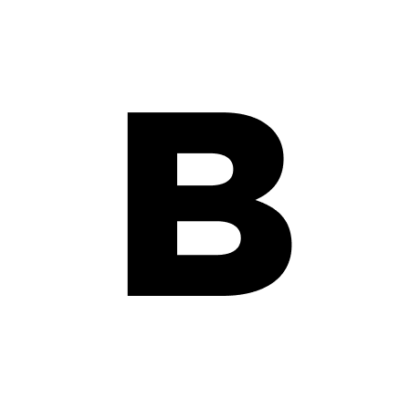

And what’s got the lion’s share of my digital attention? Yep, those pesky socials.
OK, as a 22-year-old social media manager, this isn’t out of the ordinary. But even by my standards, it’s a lot.
Over the past week, I clocked just under 40 hours of screen time. These were the apps I used the most:
Instagram - 7 hours 7 minutes
Tik Tok - 5 hours 47 minutes
Whatsapp - 4 hours 96 minutes
Snapchat - 2 hours 38 minutes
Houseparty - 1 hour 27 minutes
But as it turns out, I’m not alone.
It was reported in The Independent last month that, for many, phone usage has increased by more than 200 per cent since we entered self isolation.
And as I lay awake at 2am - my brain still whirling at 100mph - lockdown’s got me thinking: Is social media keeping me connected? Or is it making me more anxious?
The answer is, a bit of both.
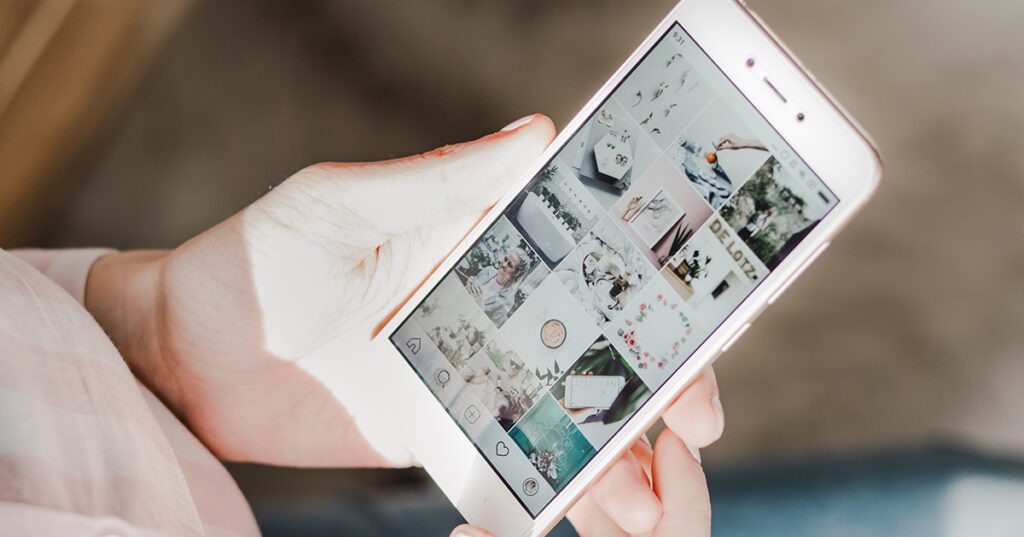
Ok, so this debate isn’t anything new. For years, countless studies have questioned the effect that social media has on mental health - especially in younger users.
The Prince’s Trust has been studying mental health in young adults for the past decade. They found that just under half of the people they surveyed said that social media makes them feel “inadequate” and more than half (57%) think that it creates “overwhelming pressure” to succeed.
Alarmingly, a YouGov survey of 2,162 young people found that 18% do not think life is worth living - a steep rise from 9% in 2009. And this research was conducted long before a global pandemic dominated our news feeds.
With many people left unemployed, furloughed or adjusting to life working at home, social media can often amplify those underlying feelings of anxiety and inadequacy.
So, how can we adopt a healthier relationship with social media when life is feeling more uncertain than ever?
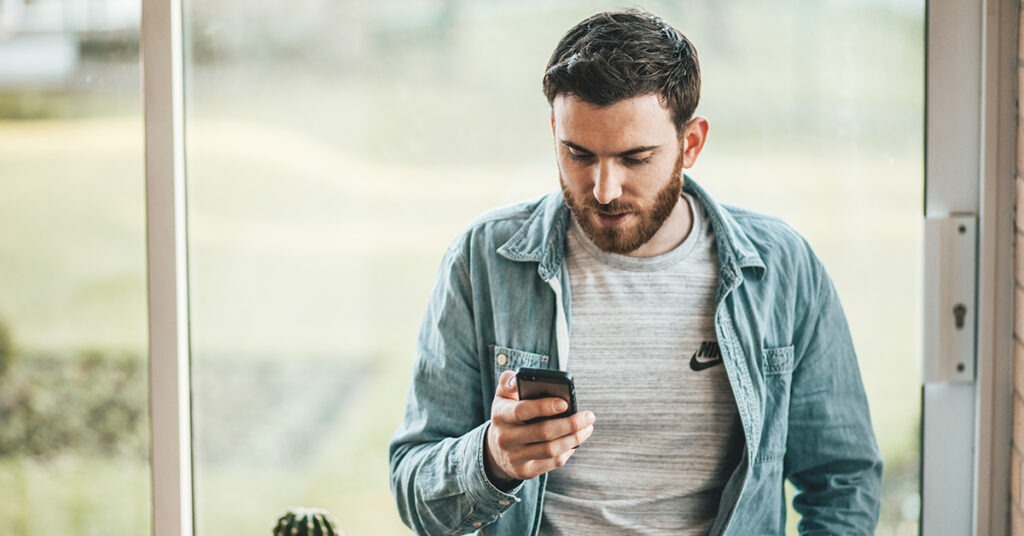
Personally, a lot of my anxiety comes from inadvertently comparing myself to others. Even during a global pandemic, I can’t help but feel like people are ‘living their best lives’ - even in quarantine. It feels like everyone’s added a seemingly unachievable filter to what’s ordinarily mundane.
Well, enough is enough. Time for a spring clean.
And no, we’re not talking about a social cull of your friends; we need those online connections more than ever. Let’s look at the other, more influential voices we’re listening to.
Unfortunately, for every positive voice that’s emerged on social media throughout the pandemic, there've been just as many problematic ones. From poor taste posts of scantily clad models in facemasks to outright dangerous instances of misinformation, we’re having to scrutinise our feeds more than ever.
Essentially, influencers have always provided us with a glossy escape from reality. And, in light of the current situation, we’re turning to them in droves.
The influencer agency Obviously, analysed 260 of their own campaigns (including more than 7.5 million Instagram posts and data from 2,152 TikTok influencers) and found a 76% increase in daily accumulated likes on Instagram #ad posts. Shockingly, this was all in the first two weeks of March.
Seeing this sharp increase in social consumption, the agency decided it was time to ensure influencers were using their positions responsibly. That’s why they launched a new community initiative called #ObviouslyGood.
"We wanted to give our influencers new tools to positively engage with their audiences and make sure they’re being responsible and factual at the same time. #ObviouslyGood is a new way for influencers of all sizes to help make their communities stronger with factual and timely information from trusted sources," said Mae Karwowski, founder and CEO of Obviously.
But this positive approach to social media shouldn’t be limited to influencers. Various studies into social media and anxiety have reported that it’s our passive relationship with these apps that can often leave us feeling powerless and anxious. So, for the benefit of ourselves and countless others struggling during isolation, why not take a more active approach?
But surely it’s counterintuitive to suggest posting more content when our screen time is at an all time high, right?
Well, not necessarily.
We can’t hold ourselves accountable for staring at phones a little more during isolation. In fact, beating ourselves up about it is unlikely to change our behaviour either. However, we can take control of the time we spend there.
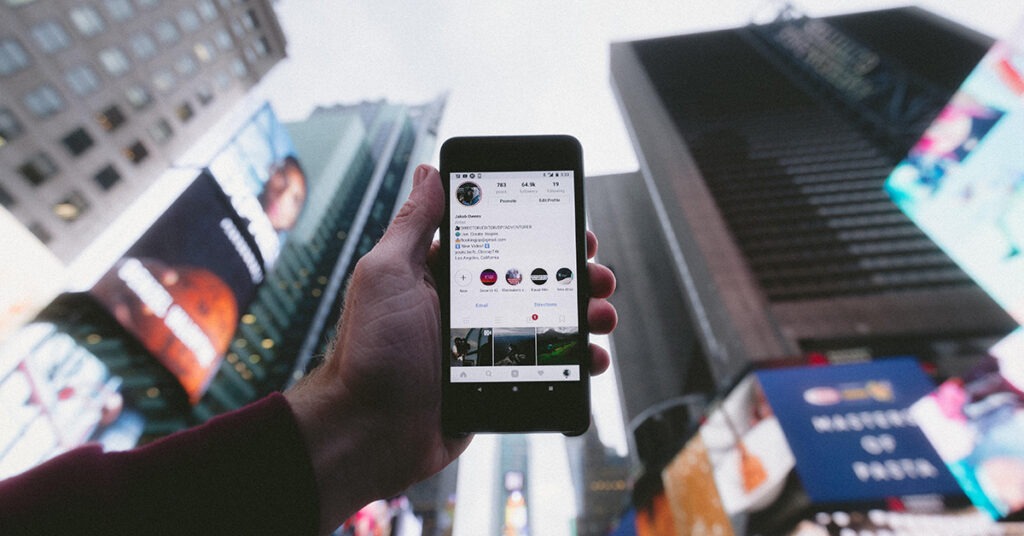
It’s up to us to ensure that the conversations we’re having online are healthy ones. By taking an active approach, we can take control of the situation - or at least feel like we are.
And being active doesn’t mean calling people out for being outside - especially when we’re out there too - or joining a rant about supermarket one-way etiquette. Instead, why not share some positive stories or images from the community? Better still, why not join one of thousands of online community groups that are popping up online. COVID-19 Mutual Aid UK is an umbrella organisation that’s been created to help volunteer groups across the country support vulnerable people in the community.
But there are plenty of other ways that you take an active approach to social media if you don’t feel comfortable volunteering. Outside of work, scheduling some virtual time with your friends and family over Houseparty, Zoom or other types of video-chat is an easy substitute for the endless scroll.
But what about those lonely hours when you’re working remotely? It’s all too easy to trade that 3pm chat you’d have in the office kitchen for a couple of cheeky minutes swiping through ‘the gram’.
Well, at Bozboz, we’ve started using Donut. Free to use, the app is compatible with Slack and randomly pairs colleagues together for a coffee break and chat.
Sometimes you might just want a break from social altogether - but it’s not that easy.
After all, social media apps have been developed to be addictive. So if it does feel like it’s getting too much, why not fight fire with fire? There are plenty of apps that use those same gamifying techniques to help you break the cycle. In fact, Hold actually rewards you for putting your phone down. Time spent away from your device will give you 'pocket points' which can be exchanged for gifts.
Whatever you do, don’t beat yourself up about your screen time. Just do what you can to stay happy, healthy and connected. There'll be plenty of time to trade that phone for some real-life contact in future.
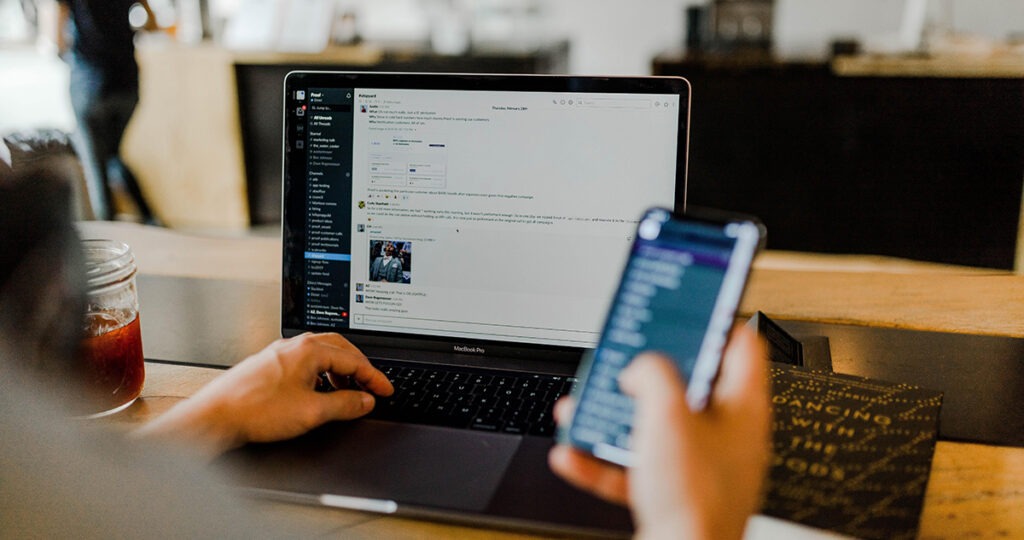
Social Media Use and Depression and Anxiety Symptoms: A Cluster Analysis
Anxiety on rise among the young in social media age
How to use social media in a positive way during the coronavirus crisis
Coronavirus sparks huge jump in social media use, study finds
Coronavirus: Volunteers flock to join community support groups
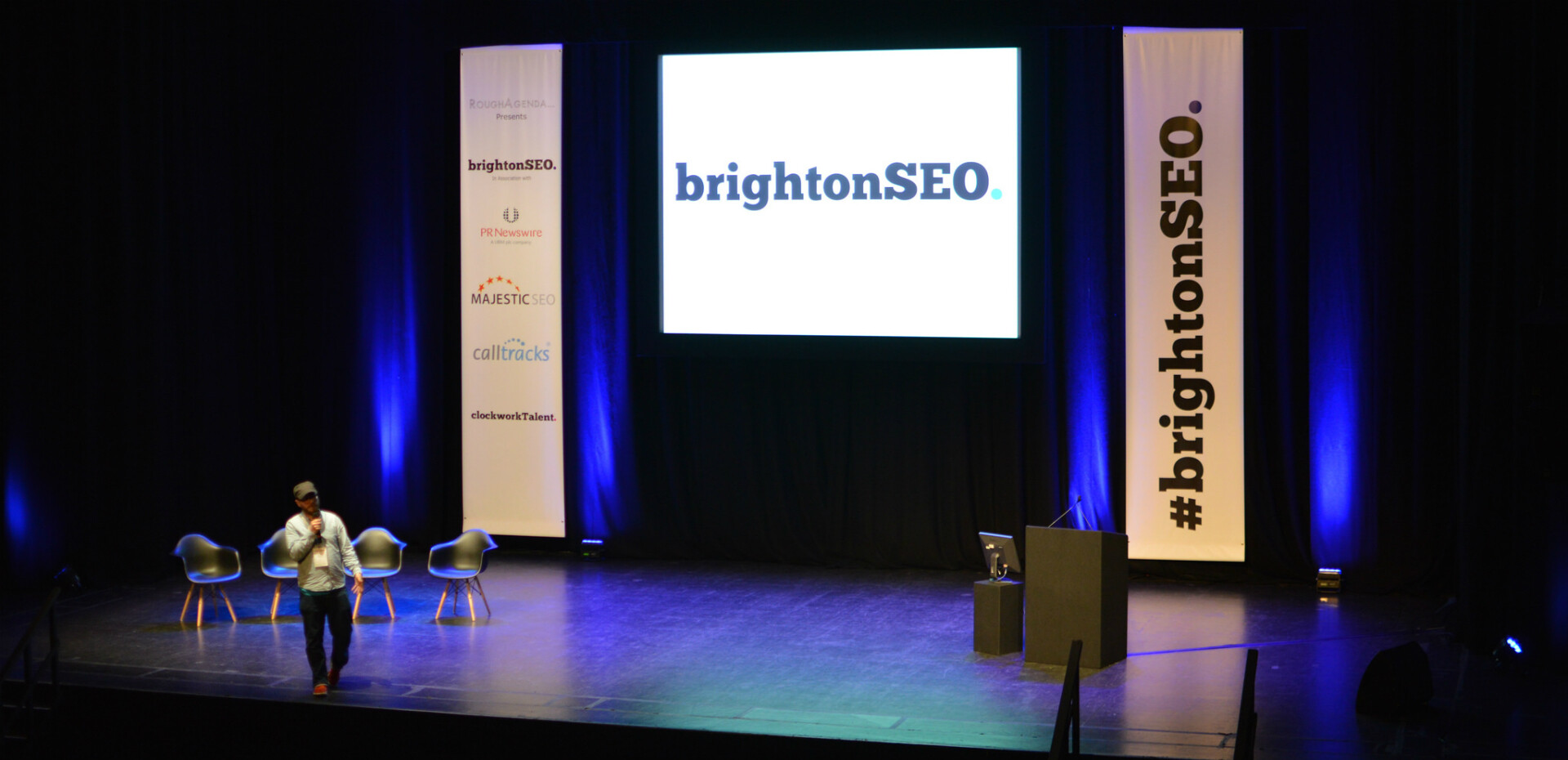
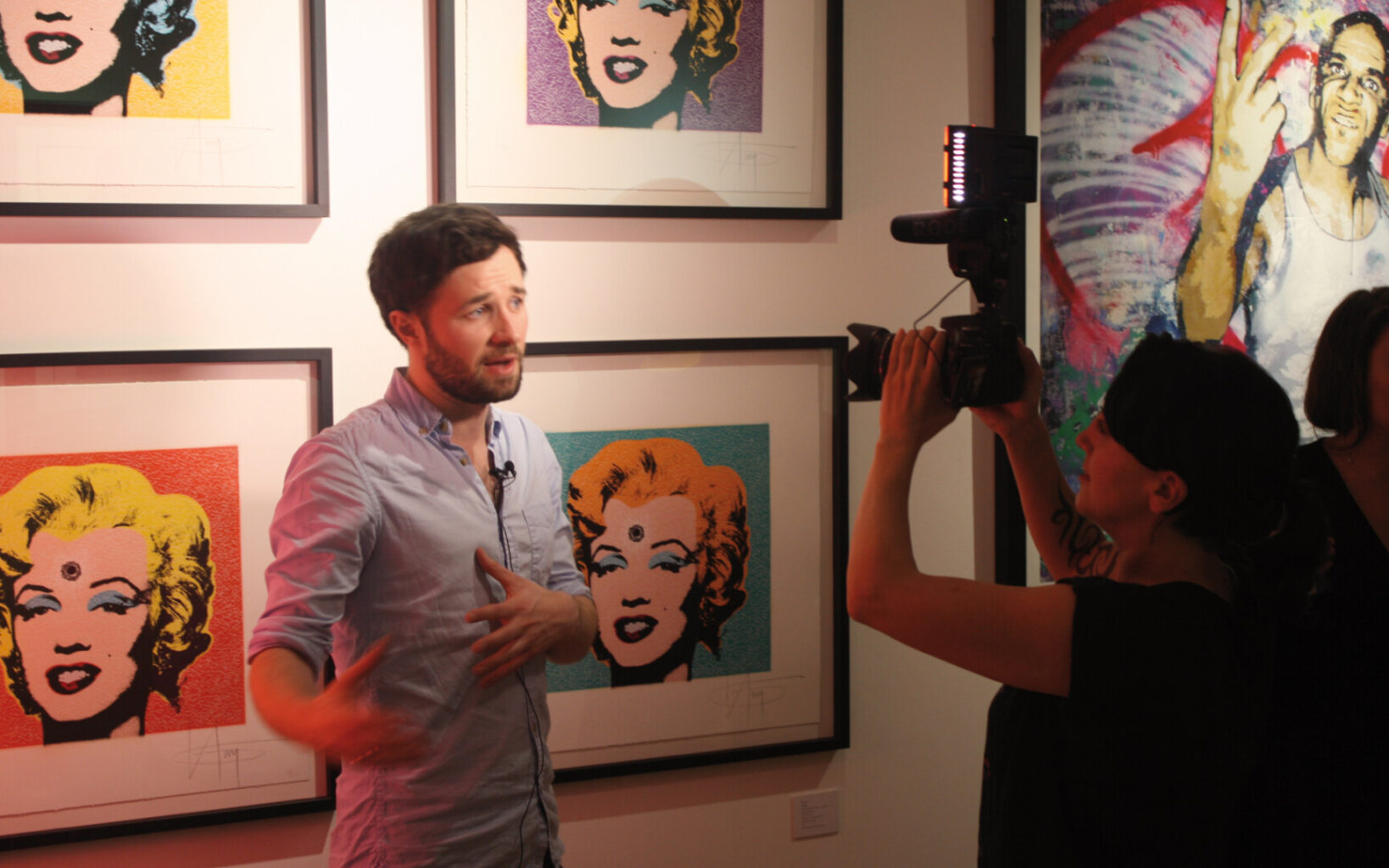
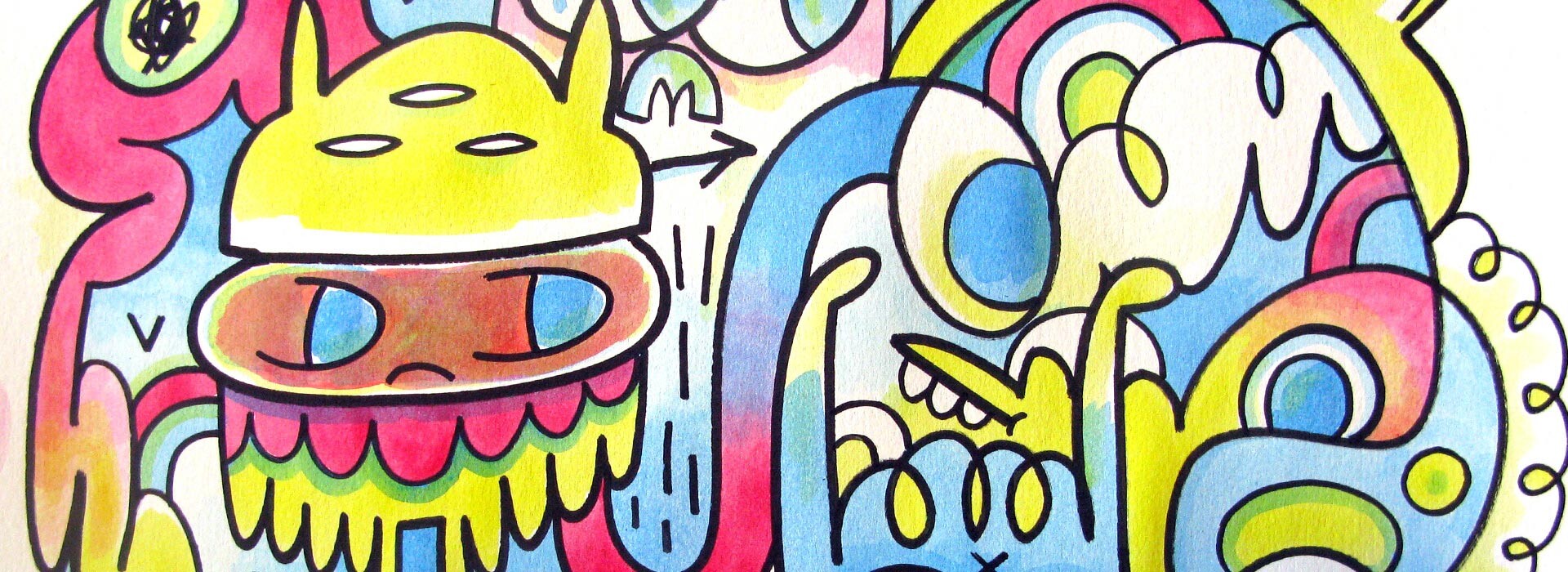
If you want to showcase your offering, convert more leads, provide resources, or all of the above, we can build a website that separates you from the competition.



